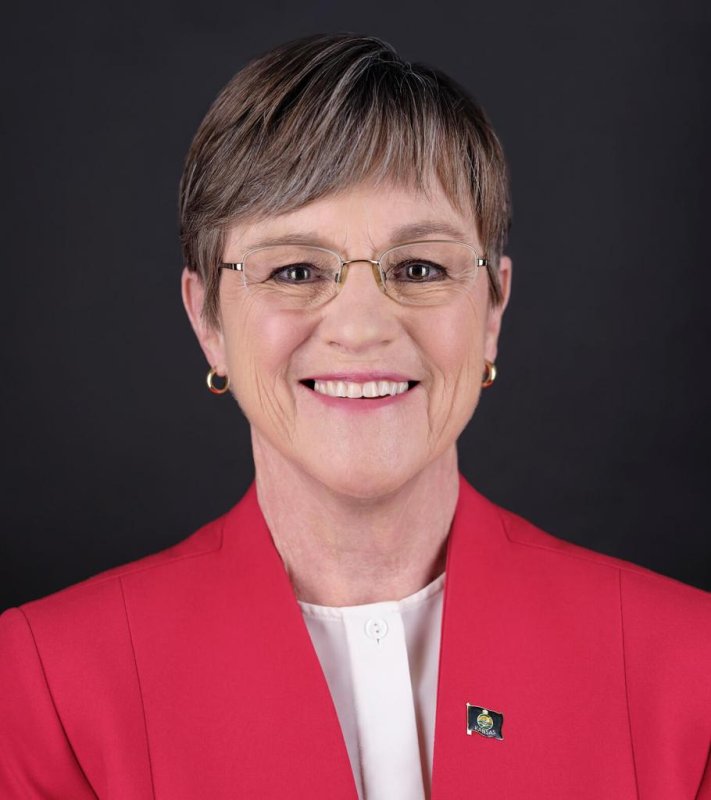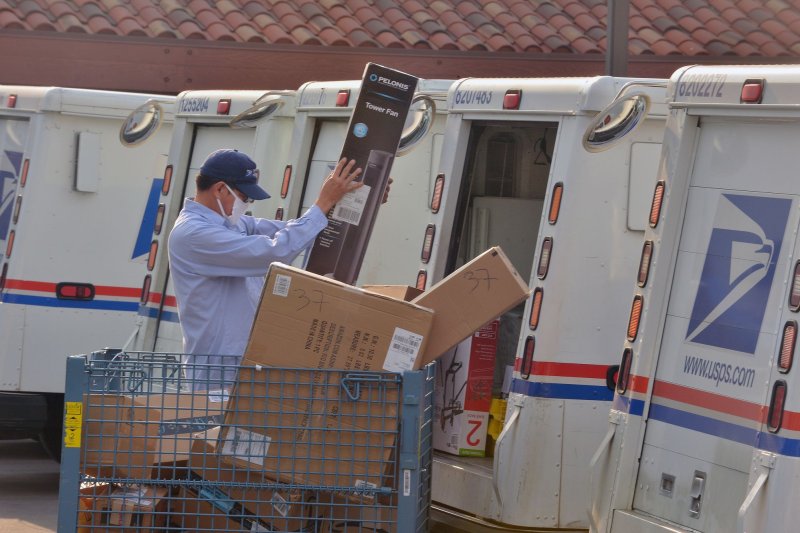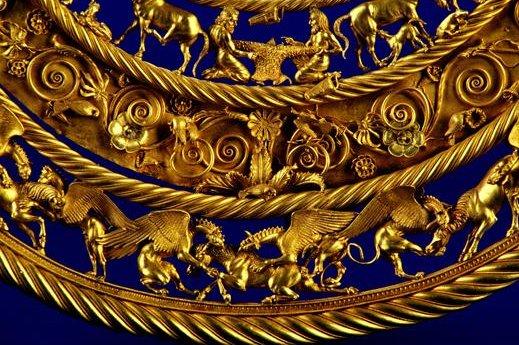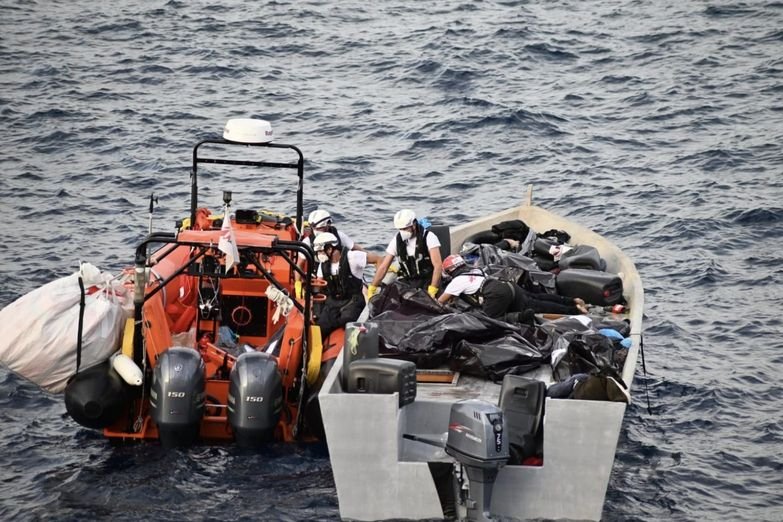Motorcycles rumble through Canadian capital under police eye

1 of 18

1 of 18
WEARING A NAZI STYLE HELMET
Demonstrators on motorcycles ride near the National War Memorial, part of a convoy-style protest participants are calling "Rolling Thunder" in Ottawa, Ontario, on Saturday, April 30, 2022.
(Patrick Doyle/The Canadian Press via AP)
OTTAWA (AP) — Motorcycles rumbled through the streets of Canada’s capital city Saturday while a strong police presence kept a close eye on a couple of rallies during the “Rolling Thunder” protest.
Many of the protesters involved in a morning service at the National War Memorial and a later rally on Parliament Hill were also involved in the “Freedom Convoy” that shuttered downtown Ottawa for weeks in February.
Police made a handful of arrests Saturday, including a driver who allegedly tried to jump onto a sidewalk to get around officers. Police arrested the person for dangerous driving and found them in breach of their bail conditions related to the previous protest, when they were ordered not to return to Ottawa.
Ottawa By-law and Regulatory Services said more than 560 tickets have been handed out for parking violations, smoking, noise and encumbering a highway, and 39 vehicles have been towed since Friday morning.
Hundreds of demonstrators gathered at the National War Memorial which was a focal point during the early days of the February protests.
Supporters watched retired Afghanistan veteran Christopher Deering lay a wreath on the Tomb of the Unknown Soldier in a quasi-remembrance ceremony.
Other speakers expressed their opposition to vaccine mandates, COVID-19 restrictions and Prime Minister Justin Trudeau’s government. Supporters were asked to remove slogans with expletives aimed at the prime minister for the event.
A small group of counter-protesters gathered across the street from the memorial chanting ``go home″ at the protesters.
Police formed a line in between the two groups to keep the peace.
At the end of the service, the crowd marched down Elgin Street to greet a convoy of around 150 motorcycles traveling on a route outlined by police.
Police stopped the motorcycle convoy two blocks from the National War Memorial, and had the motorcyclists travel back out of the core on a designated route.
Later, protesters gathered on Parliament Hill. Some danced on the street in front of parliament shouting ``freedom!″
The protest in February lasted three weeks, as big-rigs and other trucks embedded themselves in front of Parliament Hill and set up encampments that blocked traffic. The federal government invoked the Emergencies Act in an effort to dislodge them and similar protesters who blockaded border crossings.
This weekend Ottawa police called in more than 800 reinforcements from RCMP and other police services who blocked off highway exits and every street into the core to prevent a new encampment from forming.
Ottawa Mayor Jim Watson said police took ``a strong stance″ to prevent the kind of prolonged demonstration that gripped Ottawa in February.
Saturday’s events were relatively peaceful compared to an altercation between police and protesters Friday evening, when officers arrested seven people and faced off with what they described as an ``aggressive crowd″ just outside the parliamentary precinct.
OTTAWA (AP) — Motorcycles rumbled through the streets of Canada’s capital city Saturday while a strong police presence kept a close eye on a couple of rallies during the “Rolling Thunder” protest.
Many of the protesters involved in a morning service at the National War Memorial and a later rally on Parliament Hill were also involved in the “Freedom Convoy” that shuttered downtown Ottawa for weeks in February.
Police made a handful of arrests Saturday, including a driver who allegedly tried to jump onto a sidewalk to get around officers. Police arrested the person for dangerous driving and found them in breach of their bail conditions related to the previous protest, when they were ordered not to return to Ottawa.
Ottawa By-law and Regulatory Services said more than 560 tickets have been handed out for parking violations, smoking, noise and encumbering a highway, and 39 vehicles have been towed since Friday morning.
Hundreds of demonstrators gathered at the National War Memorial which was a focal point during the early days of the February protests.
Supporters watched retired Afghanistan veteran Christopher Deering lay a wreath on the Tomb of the Unknown Soldier in a quasi-remembrance ceremony.
Other speakers expressed their opposition to vaccine mandates, COVID-19 restrictions and Prime Minister Justin Trudeau’s government. Supporters were asked to remove slogans with expletives aimed at the prime minister for the event.
A small group of counter-protesters gathered across the street from the memorial chanting ``go home″ at the protesters.
Police formed a line in between the two groups to keep the peace.
At the end of the service, the crowd marched down Elgin Street to greet a convoy of around 150 motorcycles traveling on a route outlined by police.
Police stopped the motorcycle convoy two blocks from the National War Memorial, and had the motorcyclists travel back out of the core on a designated route.
Later, protesters gathered on Parliament Hill. Some danced on the street in front of parliament shouting ``freedom!″
The protest in February lasted three weeks, as big-rigs and other trucks embedded themselves in front of Parliament Hill and set up encampments that blocked traffic. The federal government invoked the Emergencies Act in an effort to dislodge them and similar protesters who blockaded border crossings.
This weekend Ottawa police called in more than 800 reinforcements from RCMP and other police services who blocked off highway exits and every street into the core to prevent a new encampment from forming.
Ottawa Mayor Jim Watson said police took ``a strong stance″ to prevent the kind of prolonged demonstration that gripped Ottawa in February.
Saturday’s events were relatively peaceful compared to an altercation between police and protesters Friday evening, when officers arrested seven people and faced off with what they described as an ``aggressive crowd″ just outside the parliamentary precinct.











